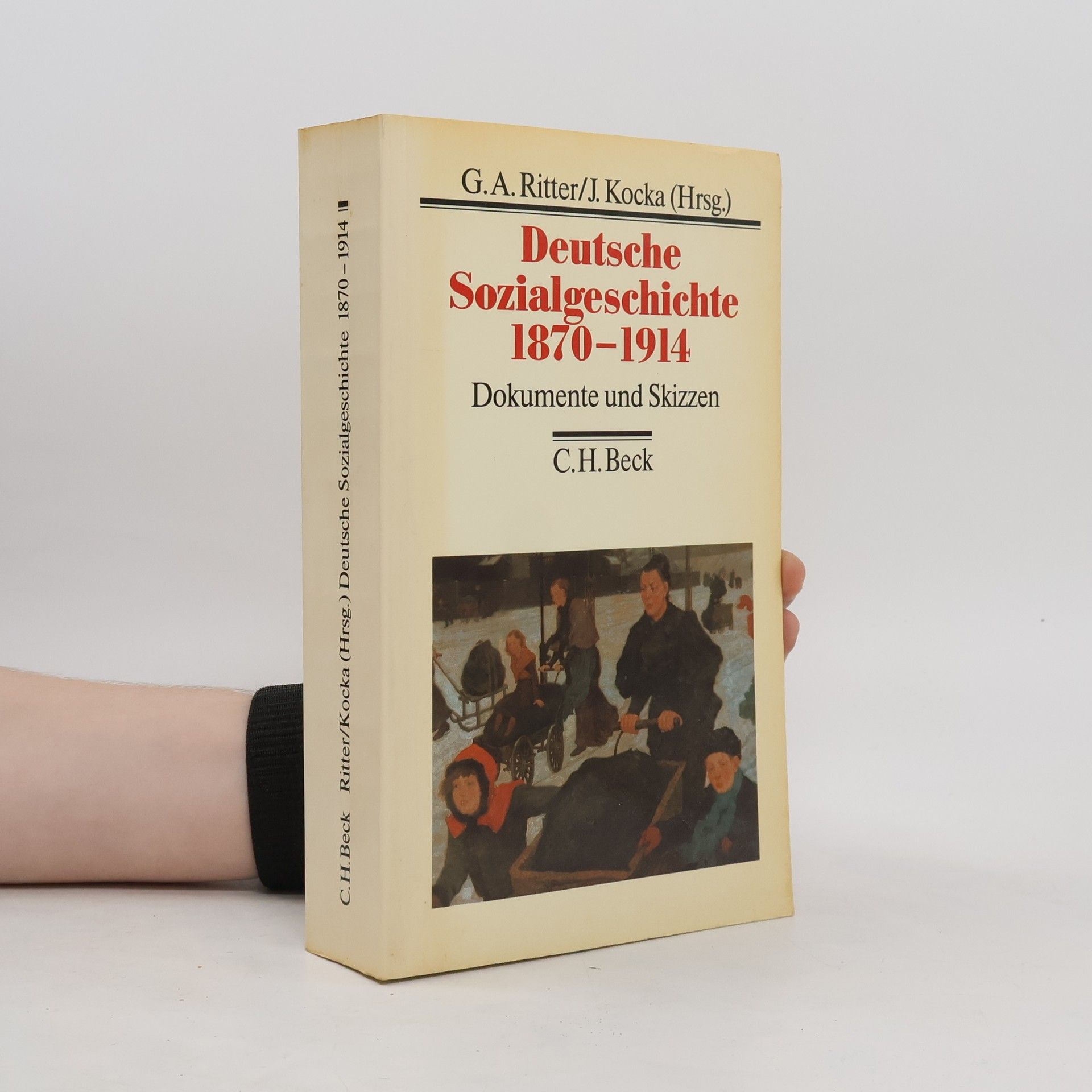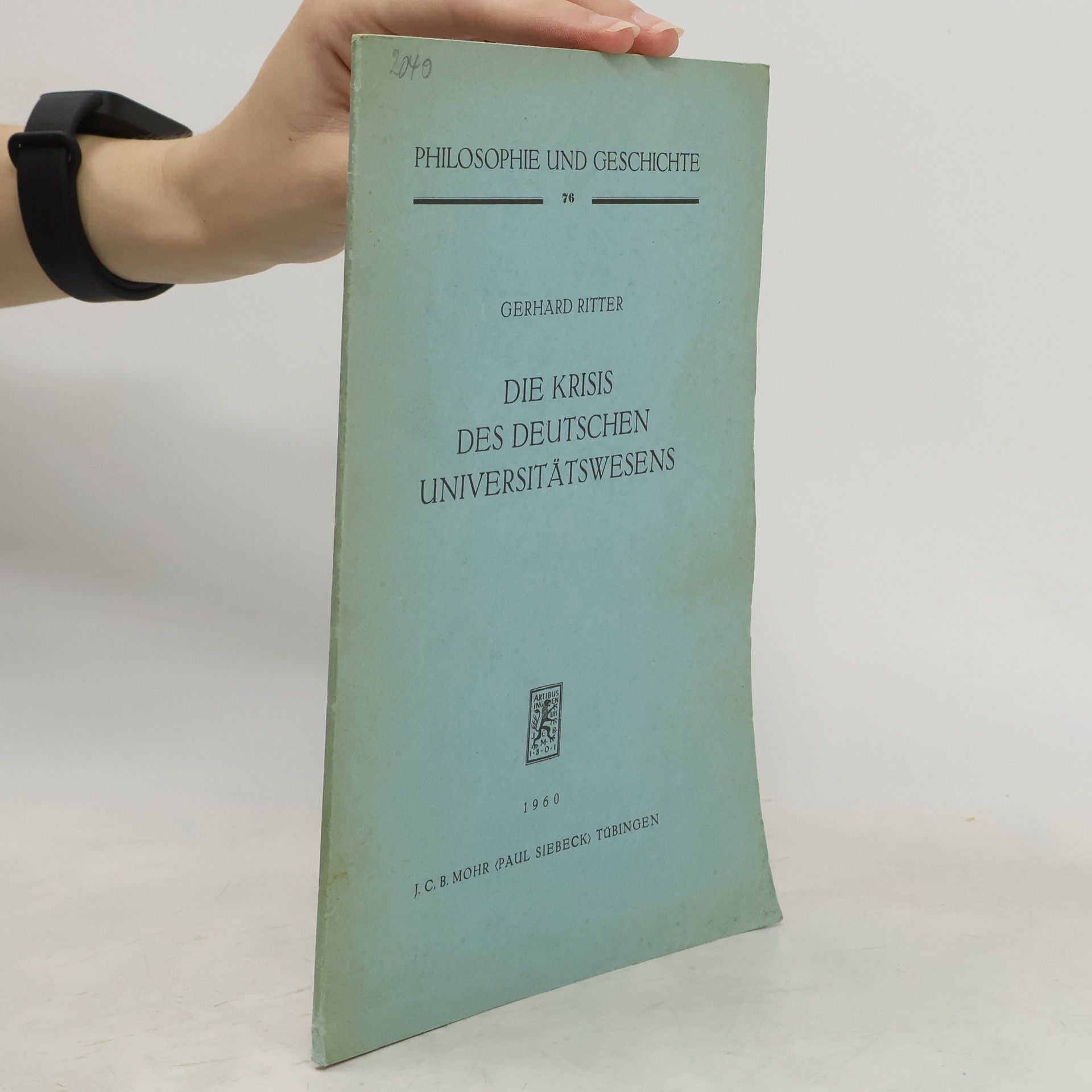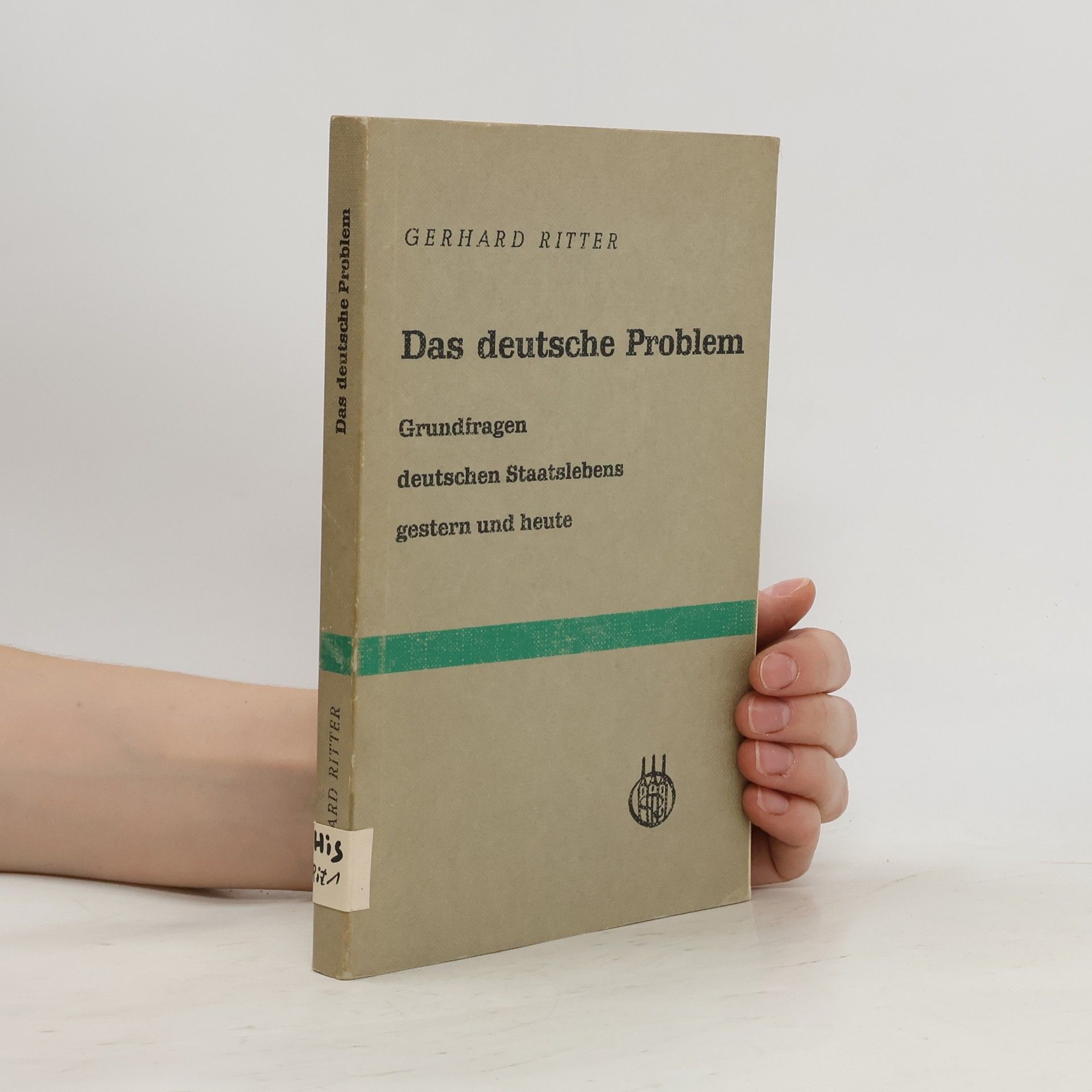Der Preis der deutschen Einheit
- 540 pages
- 19 hours of reading
Gerhard Ritter was a German historian renowned for his profound analyses of German history. His work centered on understanding the pivotal moments and figures that shaped German identity and politics. Ritter explored the tension between authority and freedom within the German tradition. His approach was characterized by an emphasis on the moral dimensions of history and how past events inform the present. He remains a significant figure in historical scholarship for his insightful engagement with the complexities of Germany's past.






Gerhard A. Ritter zeigt, an welche unterschiedlichen Traditionslinien die beiden deutschen Staaten nach Kriegsende anknüpften und wie verschieden die grundlegenden Wandlungsprozesse in Staat, Wirtschaft und Gesellschaft ausfielen. Er lotet das Ausmaß der Amerikanisierung der Bundesrepublik und der Sowjetisierung der DDR aus und zeigt, wie die unterschiedlichen Orientierungsmuster die Schaffung einer inneren Einheit nach 1989 erschwerten.
German